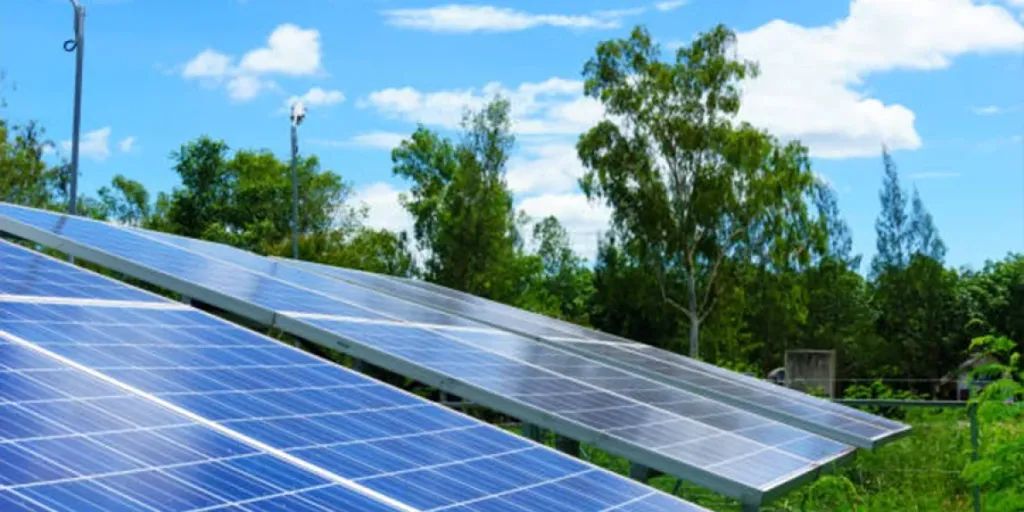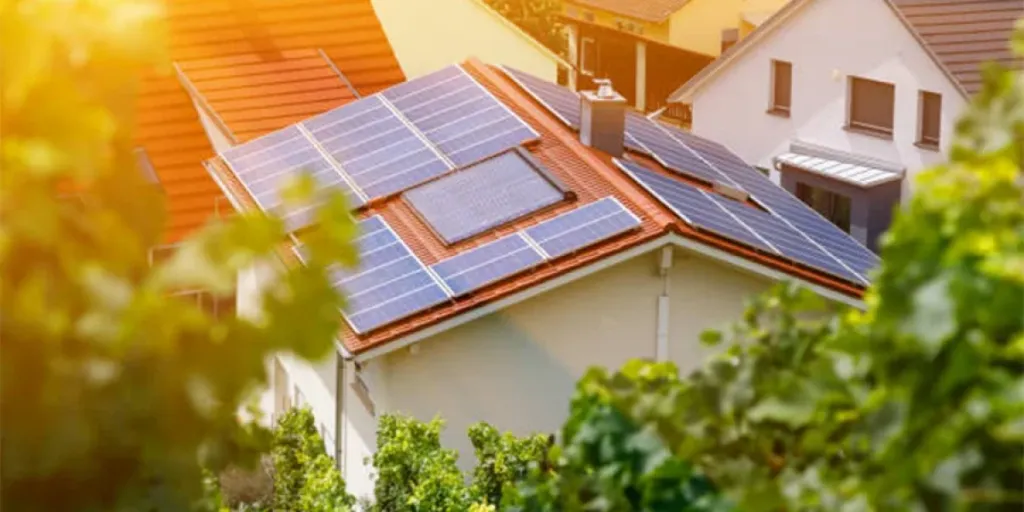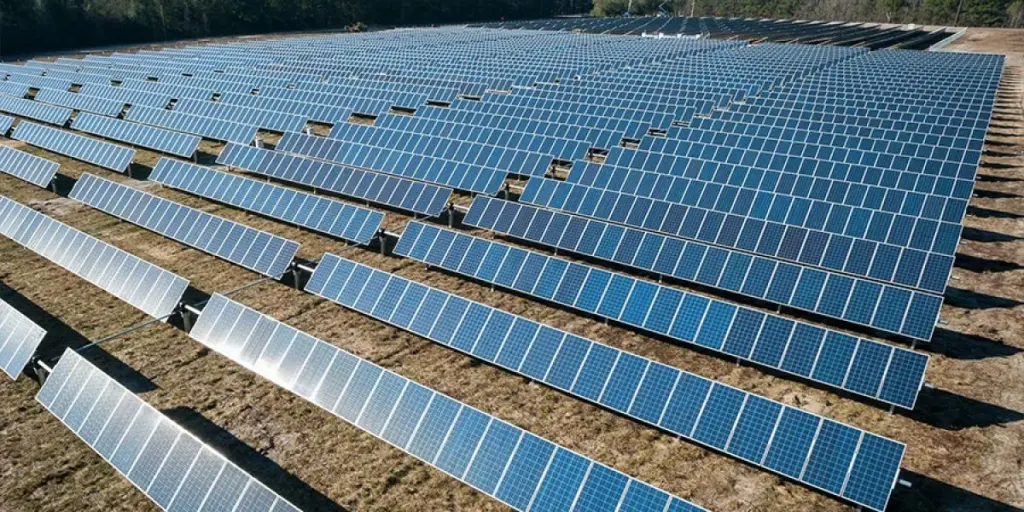- The EU has approved the €1 billion Greek support scheme for renewable energy
- It will cover 2 solar PV projects with a combined 813 MW capacity and energy storage projects
- Aid will be provided for 20 years under a 2-way contracts for difference arrangement
Greece will invest €1 billion ($1.1 billion) to support the installation of 813 MW new solar PV capacity, along with integrated storage solutions, after securing a go-ahead from the European Commission. The 2 projects to benefit from this scheme are planned to come online by mid-2025.
It paves the way for the Faethon Project that comprises 2×252 MW solar PV units with integrated molten-salt thermal storage units and an extra-high voltage substation. It will generate solar power during the day. The surplus stored will be used during times of peak consumption such as evenings and nights.
The other project to partake from the Greek funding is a 309 MW solar PV park with an integrated lithium-ion battery energy storage system (BESS). This project aims to optimize electricity generation and grid stability.
Greece will provide state aid to the selected projects under a 2-way contract for difference (CfD) arrangement for 20 years. The strike price will be determined by a technical committee on the basis of a cost-benefit analysis and risk assessment.
The reference price will be calculated as a monthly output-weighted average of the market price of electricity in the day-ahead markets.
According to the commission, the Greek state aid measures contribute to found to contribute to achieving the country’s climate and energy targets, and the objectives of the European Green Deal, as well as the Fit for 55 package.
Once the facilities are online, these are expected to increase the annual net renewable energy in the Greek electricity mix by close to 1.2 TWh.
“These €1 billion measures support two innovative renewable projects that will accelerate the green transition, while minimising potential distortions to competition,” said Executive Vice-President in charge of Competition Policy at the commission, Margrethe Vestager. “The measures will help the EU and Greece meet our decarbonisation and climate neutrality targets, as well as reduce our dependence on imported fossil fuels, in line with the EU Solar Energy Strategy and the REPowerEU Plan.”
Solar is set to play a significant role in Greece’s energy transition as the country plans for it to account for 34.5 GW out of its 65 GW renewable energy capacity target for 2050. It targets energy storage of 5.6 GW by 2030 and 23.3 GW by 2050, according to its draft National Energy and Climate Plan (see Greece Targets 34.5 GW Total PV Capacity By 2050).
At the end of 2023, Greece’s cumulative installed solar PV capacity exceed 7 GW, according to the International Renewable Energy Agency (IRENA) (see IRENA Releases Renewable Capacity Statistics 2024).
Source from Taiyang News
Disclaimer: The information set forth above is provided by Taiyang News independently of Chovm.com. Chovm.com makes no representation and warranties as to the quality and reliability of the seller and products.




